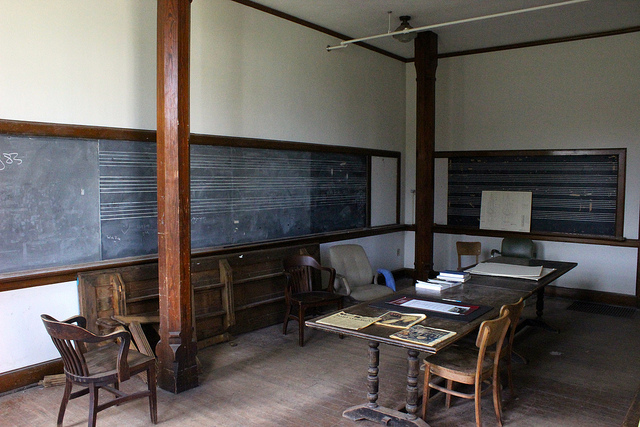After transitioning from high school to college, one of the most common phrases that I’ve heard my friends exclaim is “wow, I’m so happy I don’t have to actually take a real math class ever again” (or replace “math” with any other class that was hated back in high school). Even I, admittedly, fell into that mindset as I began to pick my classes for the fall semester. And it’s true – with the exception of general education requirements, we will never again have to take classes in the subjects that caused us agony in high school. As college students with declared majors, we have the freedom to choose to take any classes we want so long as we have enough credits and complete the requirements for our field.
The thing is, though, that even if no one is forcing us to sign up for certain classes in subject areas, we should still be exploring them. Even more importantly, when taking these classes, we need to maintain an active engagement in order to learn the most we can. This is especially true when taking general education requirement classes.
By being in college and receiving a degree, we are intrinsically more likely to take a career path and earn a job position with a greater deal of power than we would have otherwise. This is especially true being at the University of Massachusetts, one of the top 100 universities in the nation. We have countless resources at UMass that, if we choose to use them, will help us become top leaders in our respective fields. Eventually, our careers (which may or may not be in the field we expect it to be) will require that we make important decisions in the way we carry out our responsibilities. These challenges will have an impact on the lives of those around us, so we must prepare ourselves as best we can.
To do this, we should take on the responsibility of engaging with as wide a variety of course material as possible at this undergraduate university level. When else will we really have the full opportunity to do this? Through learning about material different than what we may be most comfortable with, we will come into contact with more people of different interests, helping us create a diverse set of relationships that we will be able to carry forward. Moreover, it will prepare us for understanding and making the most informed and holistic choices in years to come.
For example, a business major would benefit from taking different classes in order to be able to connect with customers from different backgrounds when trying to market an item or make a sale. A chemistry major would benefit from more humanities classes in order to learn how to best report on the results of their research. A political science major would benefit from taking classes in the sciences in order to learn more about how some policies play out in the natural world. Besides making the most informed decisions, having a wider range of skills will help set you apart in your field.
We can’t always predict where life will take us. But what we can do is try to prepare ourselves as best as possible for any scenarios or work settings. Since we only have four years here at UMass, we need to make the most out of it in order to come out as the most well-rounded version of ourselves that we can be.
Irina Costache is a Collegian columnist and can be reached at [email protected].




















